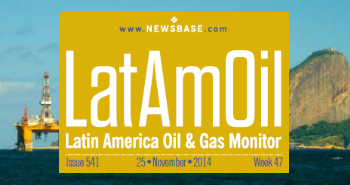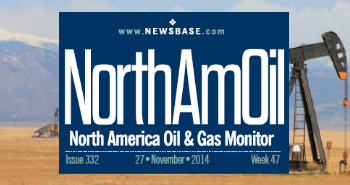US extends Chevron’s Venezuela waiver
The US Treasury Department announced last week that it had extended the sanctions waiver previously awarded to Chevron so that the company could maintain its presence in Venezuela, though without any ability to pursue normal commercial operations. The extension will also apply to the US-based oilfield service providers (OSPs) that hold similar waivers – namely, Baker Hughes, Halliburton, Schlumberger and Weatherford International.
Effective until December 1, 2022, the waiver sets strict conditions for these companies’ continued presence in Venezuela. Specifically, they stipulate that Chevron must minimise activities such as the drilling, lifting, purchasing and processing of Venezuelan-origin crude oil or petroleum products by the San Ramon, California-based energy giant. Likewise, the OSPs must minimise support for such activities.
In effect, then, the sanctions regime remains in place. Nevertheless, the administration of US President Joe Biden is reportedly considering the possibility of loosening restrictions on investment in Venezuela’s oil sector. Officials in Washington have hinted that Chevron may soon be permitted to engage in talks with Venezuela’s national oil company (NOC) PdVSA on the reactivation of its joint venture projects in the South American state.
These hints would not represent a total abandonment of the sanctions regime, which addresses many more aspects of trade relations. Even so, suggestions that oil relations might be revived have drawn significant pushback from US legislators, with representatives of both the Republican and Democratic parties voicing their objections.
The official position of the Biden administration is that the US will consider granting full sanctions relief to Venezuela if Nicolas Maduro, that country’s incumbent president, strikes a deal with the coalition of opposition parties led by Juan Guaido to hold a new round of parliamentary and presidential elections.
The US government began restricting Chevron’s activities in Venezuela in 2020, when it barred the California-based company from selling oil via its joint ventures with PdVSA, PetroPiar and PetroBoscan, and forced it to halt its diesel imports into the South American nation. Both PetroPiar and PetroBoscan are targeting heavy crude fields in western Venezuela.
US sanctions have had a significant impact on Venezuela’s oil industry, not just by restricting trade in the country’s crude but also by cutting off its access to the parts, equipment and raw materials needed to maintain and repair its production complexes, refineries and pipelines. As a result, Venezuela has turned to Iran, another country facing US sanctions, for help. Last year, Caracas and Tehran concluded a swap deal that gave PdVSA access to Iranian gas condensate that it could use as blendstock to mix its own extra-heavy crude into an exportable grade.
According to the latest OPEC report, Venezuela’s domestic oil production amounted to 707,000 barrels per day (bpd) in April.



Follow us online